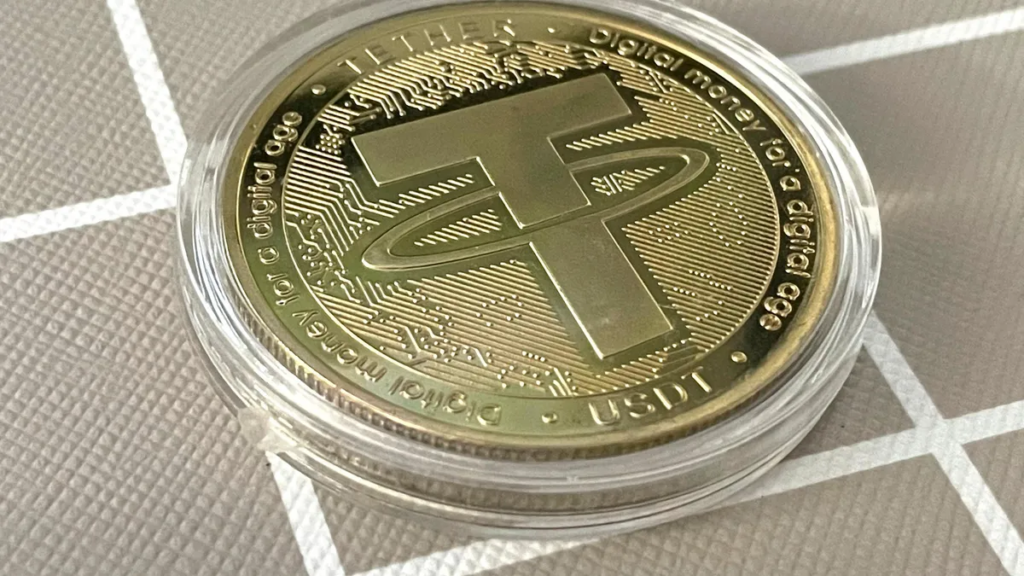Tether Singapore Prohibited Has Existed Since May 2020, Rejecting Recent Untrue Rumor
Key Points:
- Tether’s CTO has clarified restrictions on Singapore customers since May 2020.
- An email reveals changes to USDT redemption policies in Singapore.
- Prohibited jurisdictions include Singapore, Cuba, North Korea, Iran, and others.
In response to recent reports by Cointelegraph, Tether has clarified its stance on restricting certain customer groups in specific jurisdictions.

Tether Singapore Prohibited Affirmed by CTO Paolo Ardoino
Tether’s Chief Technology Officer, Paolo Ardoino, made a statement on the X platform, emphasizing that Tether had modified its services before May 12, 2020, including the prohibition of certain activities in Singapore. Cointelegraph initially reported that Tether had altered its terms of service (ToS) in Singapore, preventing select customer groups from converting USDT into U.S. dollars.
Cake co-founder and CEO, Julian Hosp, shared an email from Tether, revealing the company’s decision not to redeem USDT for United States dollars due to changes in its ToS. The email further disclosed that corporations controlled by another entity, as well as directors and shareholders residing in Singapore, were no longer permitted to be Tether customers.
Changes in USDT Redemption Policies Unveiled
While it remains unclear whether these changes are related to recent money laundering cases in Singapore, Tether’s CTO, Paolo Ardoino, shed light on the broader scope of prohibited jurisdictions. Ardoino confirmed that Singapore had been on the list of prohibited jurisdictions since 2020, alongside Cuba, North Korea, Iran, Pakistan, Syria, the Government of Venezuela, and Crimea.
Tether’s updated policies reflect its commitment to compliance and regulatory standards in various jurisdictions, addressing concerns and ensuring clarity for its global user base.
DISCLAIMER: The information on this website is provided as general market commentary and does not constitute investment advice. We encourage you to do your own research before investing.






















